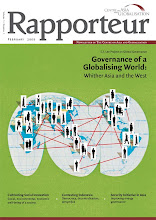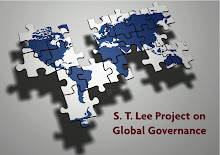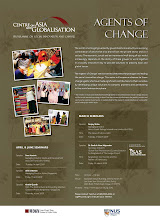 The world is heading for an "ecological credit crunch" far worse than the current financial crisis because humans are over-using the natural resources of the planet, an international study warns today.
The world is heading for an "ecological credit crunch" far worse than the current financial crisis because humans are over-using the natural resources of the planet, an international study warns today.The Living Planet report calculates that humans are using 30% more resources than the Earth can replenish each year, which is leading to deforestation, degraded soils, polluted air and water, and dramatic declines in numbers of fish and other species. As a result, we are running up an ecological debt of $4tr (£2.5tr) to $4.5tr every year - double the estimated losses made by the world's financial institutions as a result of the credit crisis - say the report's authors, led by the conservation group WWF, formerly the World Wildlife Fund. The figure is based on a UN report which calculated the economic value of services provided by ecosystems destroyed annually, such as diminished rainfall for crops or reduced flood protection. Read full article in THE GUARDIAN
Find out how you can reduce ecological footprint











